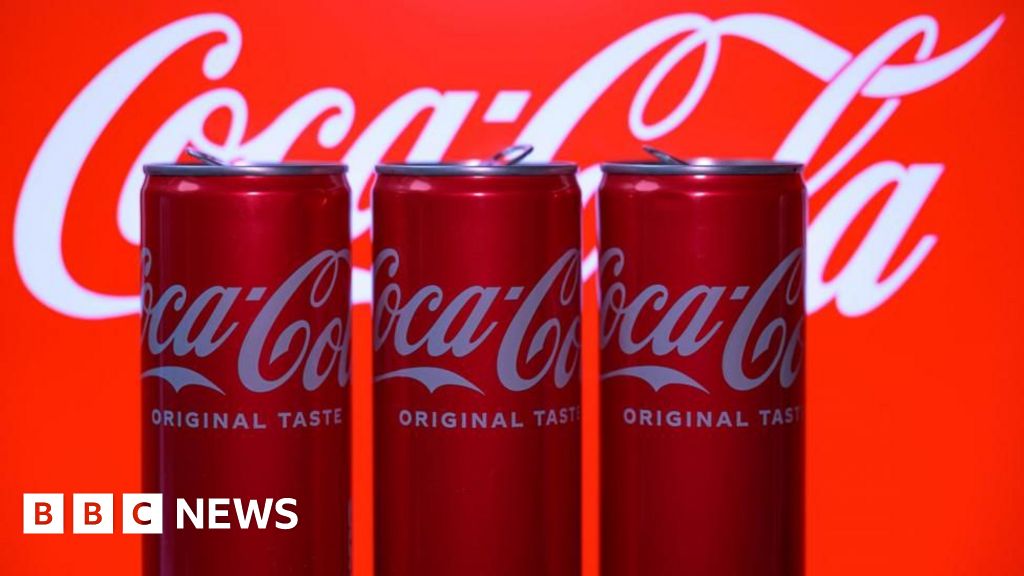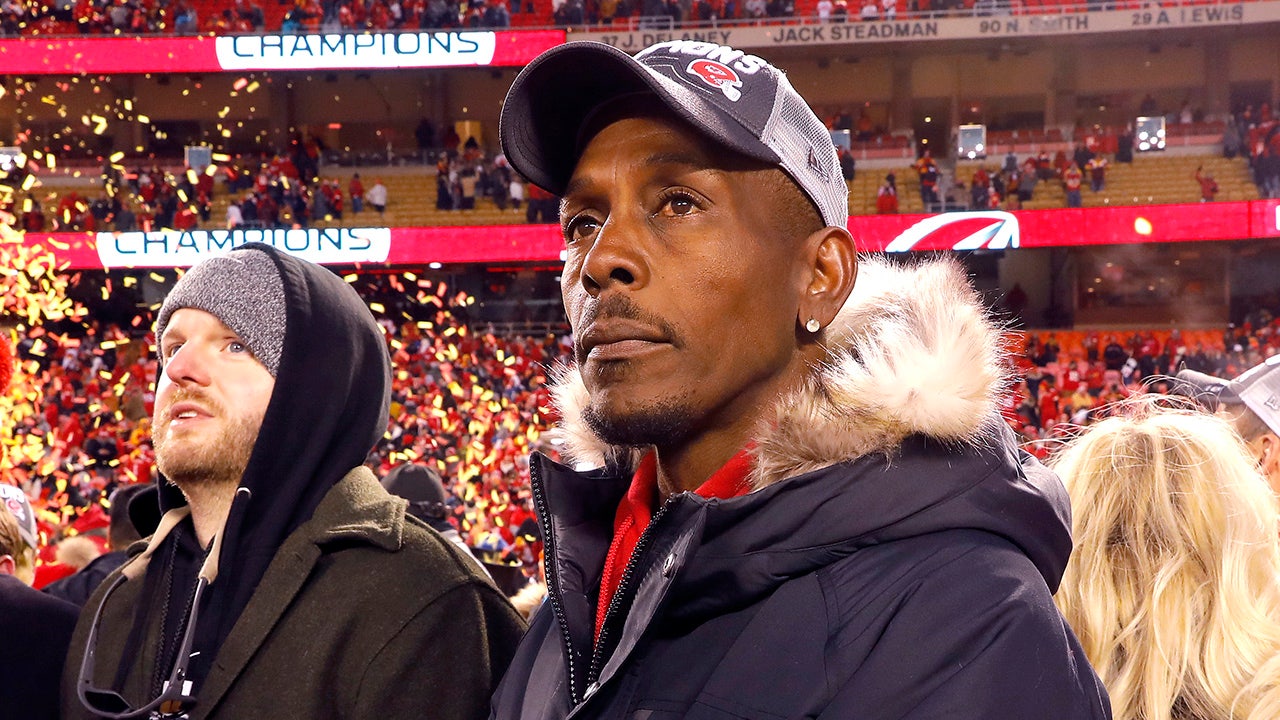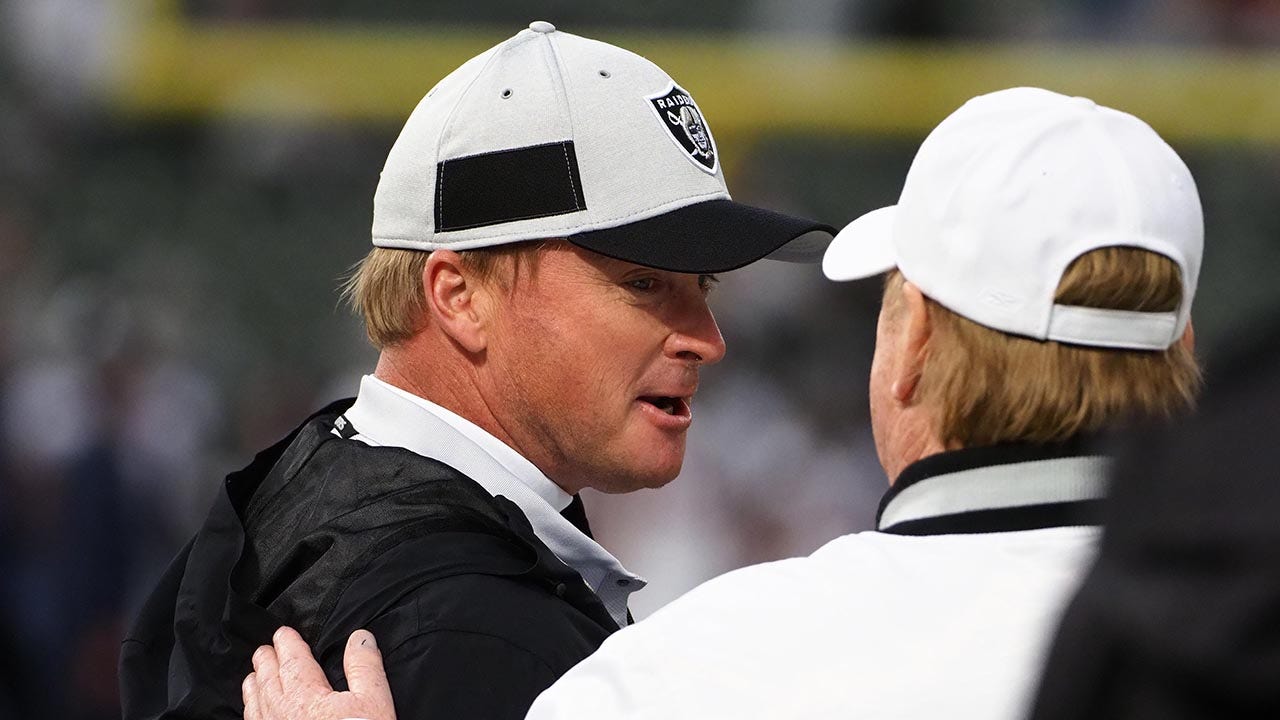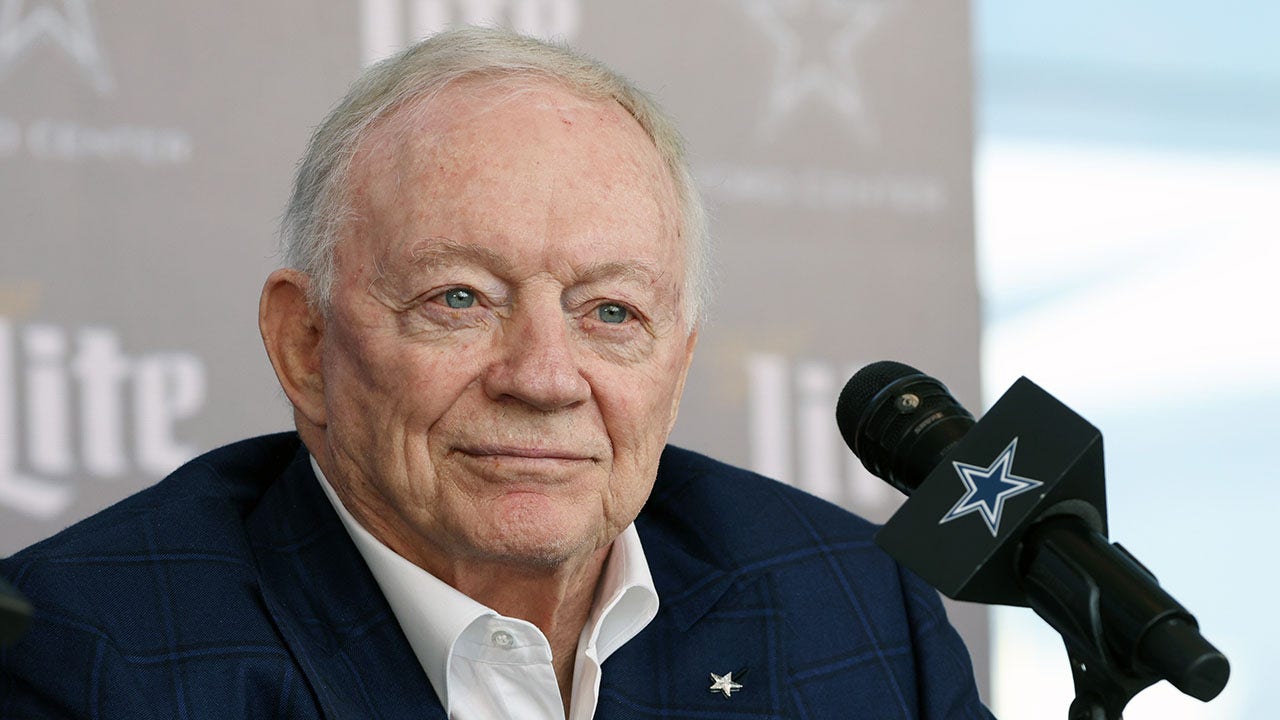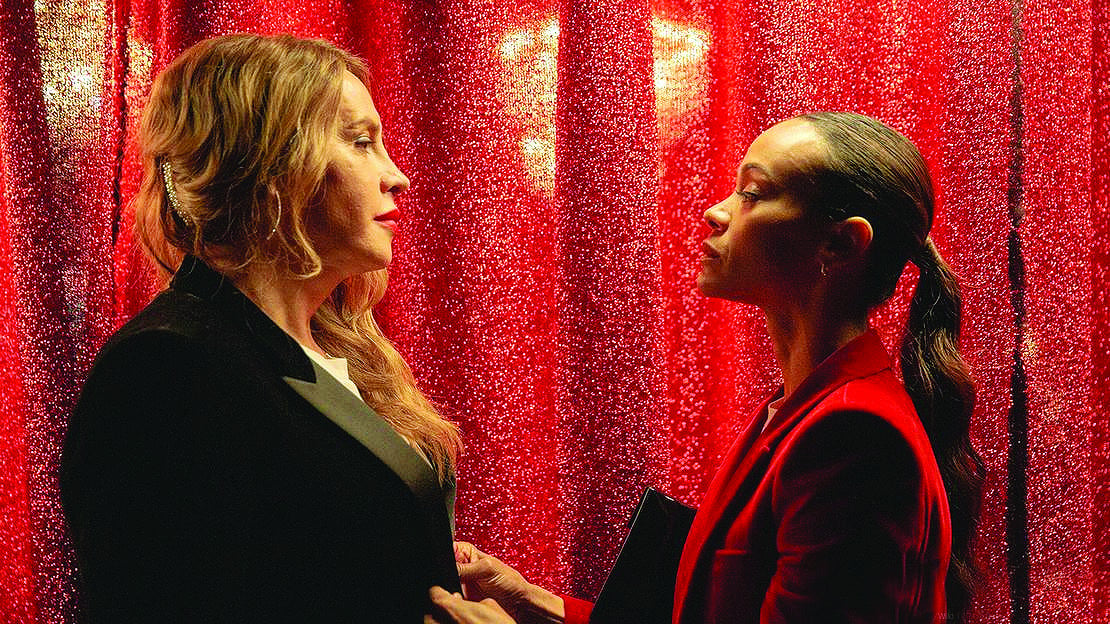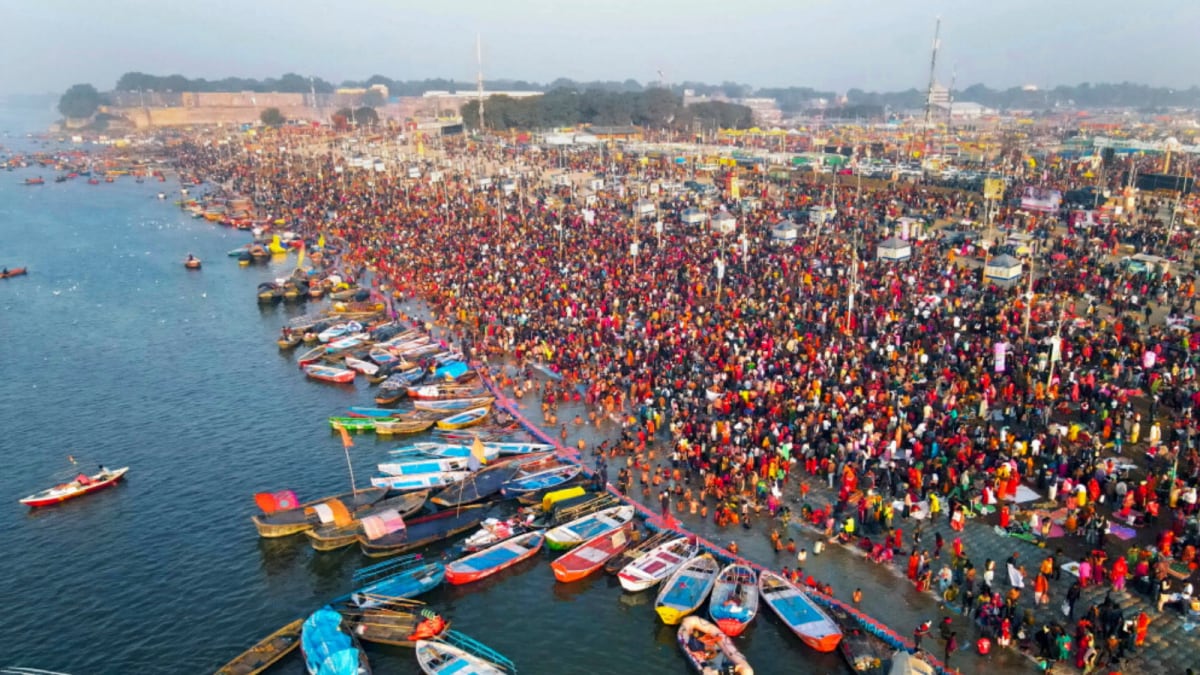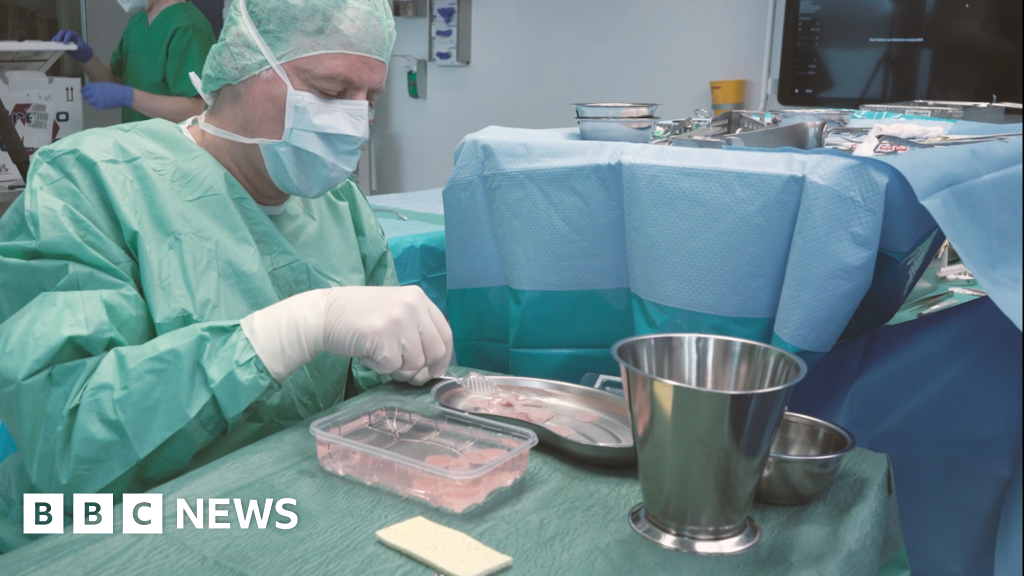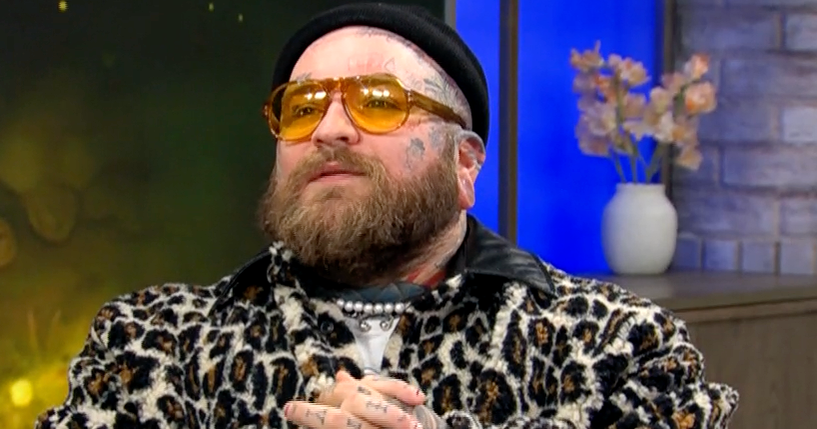Indian media outlets reported that more than 50 Indian officials raided the BBC’s offices in New Delhi and Mumbai around noon. Two BBC journalists in New Delhi, speaking on the condition of anonymity because they were not authorized to speak publicly, said their colleagues’ phones were being confiscated.
In a tweet, the BBC said it was “fully cooperating” with the tax authorities in its New Delhi and Mumbai offices. “We hope to have this situation resolved as soon as possible.”
Investigators were still inside the New Delhi office on Wednesday morning, nearly 24 hours after the raid, said a BBC journalist.
The raids on the BBC, which mirrored previous government actions against Indian news outlets perceived as critical, compounded growing fears about shrinking press freedoms and rising authoritarianism in India. They took place less than a month after the Modi government took extraordinary measures to censor “India: The Modi Question,” a BBC film that resurfaced decades-old allegations that Modi failed to stop a bloody riot in Gujarat state while he served as chief minister in 2002.
The BBC searches “are part of a series of attacks on the media by government agencies in recent times, especially against those sections of the media that the government perceives is hostile to it and critical of the ruling establishment,” the Press Club of India said in a statement.
“It is deeply unfortunate as this latest instance appears to be a clear cut case of vendetta, coming within weeks of a documentary aired by the BBC. … We are deeply concerned and distressed that such an action on an international broadcasting network will damage the reputation and image of India as the largest democracy in the world.”
After the BBC documentary aired in Britain on Jan. 17, Indian authorities lashed out at the company for producing “propaganda,” cited emergency powers to force social media companies to remove links to the BBC’s videos, and deployed riot police and detained student protesters to stop viewing parties that were being organized on campuses across the country.
As Tuesday’s raid unfolded, several officials from Modi’s Bharatiya Janata Party (BJP) put forward the idea that the BBC may be receiving inappropriate funding from China. Others said there were suspected tax irregularities but did not present details or evidence. Instead, several officials listed a litany of grievances with the broadcaster’s journalism and its alleged bias to argue that it was corrupt.
“It would not be wrong to say that it is the most corrupt and ridiculous corporation in the world. … BBC has had a dark history tainted by its hatred-fueled work against India,” Gaurav Bhatia, a BJP spokesman, told reporters at a news conference. “Our constitution allows them to do unbiased journalism, but let me show you how they use journalism as a pretext to put forward their agenda.”
Media outlets that “have a hidden agenda” and “spew venom” cannot be tolerated in the country, Bhatia added.
Surabhi Ahluwalia, spokeswoman for the income tax department, said she could not confirm the details of the tax probe when reached on Tuesday. The BBC “is an international organization that is dealing with international finances, so it could have to do with international finances issues that have cropped up,” she said.
The raids come at a time when the Modi government has been on the defensive over its relationship with billionaire Gautam Adani, who has been accused of fraud by a U.S. hedge fund and has suffered a steep stock sell-off. While Modi has come under fire within the Indian Parliament, the billionaire’s conglomerate and Modi’s supporters have rejected the allegations as a conspiracy theory masterminded by the West to undermine India’s development into an economic powerhouse.
In recent weeks, many Modi supporters have struck similarly nationalist notes as they lashed out against the BBC.
Many have asked why the broadcaster chose to revisit the story of the 2002 riots this year — as India enters a highly charged election cycle — when the former Gujarat state leader was cleared in 2013 by Indian judges of charges that he had abetted the incident. The sectarian conflict in 2002 — which ended with more than 1,000 people, mostly Muslims, dead — began after a train full of Hindus was attacked, allegedly by Muslims, triggering Hindu mobs to seek revenge.
In its January documentary, the BBC said it had obtained previously unreported British diplomatic cables from 2002 that concluded the mob violence was preplanned by Hindu nationalist groups “under the protection of the state government.” The company has stood by the two-part series, calling it “rigorously researched.”
Since the documentary aired, some Indian right-wing organizations, including the Hindu Sena, have petitioned the courts to ban the BBC, while other pro-government outlets, including Republic TV, have circulated a baseless claim that the British broadcaster is an agent of the Chinese Communist Party. (In China, the BBC is frequently criticized by government officials, and its journalists are occasionally assaulted by security forces.)
“I certainly believe there is a Chinese hand behind it. The BBC made no disclosure about this,” Mahesh Jethmalani, a BJP member of Parliament, said Tuesday in the upper house, the Rajya Sabha. “There has been both overt and insidious anti-Indian propaganda by the BBC for a long time, and enough is enough.”
The opposition Congress Party condemned the move against the BBC, with one member of Parliament calling it “imbecile, childish & beyond even silly,” in a tweet. India is “telling the world that rather than an emerging great power we are an insecure power. Whichever bright spark thought this one up is [the prime minister’s] worst enemy,” said Manish Tewari, a former minister of information.
While Indian media outlets that have published reports drawing the government’s ire have often faced tax scrutiny, the BBC is the first international organization to be raided.
In 2021, tax authorities raided the offices of the Dainik Bhaskar newspaper group after the Hindi-language broadsheet repeatedly challenged the government narrative about its successful handling of the coronavirus pandemic, reported on corpses floating in the Ganges River and published front-page photos of crowded funeral pyres.
The New Delhi Television network, known for its independent reporting, was also investigated over alleged financial malfeasance in 2017. And NewsClick, a left-leaning outlet that has published critical reports on subjects including Adani, was accused in 2021 of receiving money tied to China.
In the 2022 edition of the annual press freedom index published by Reporters Without Borders, India fell to 150th place out of 180 countries.






